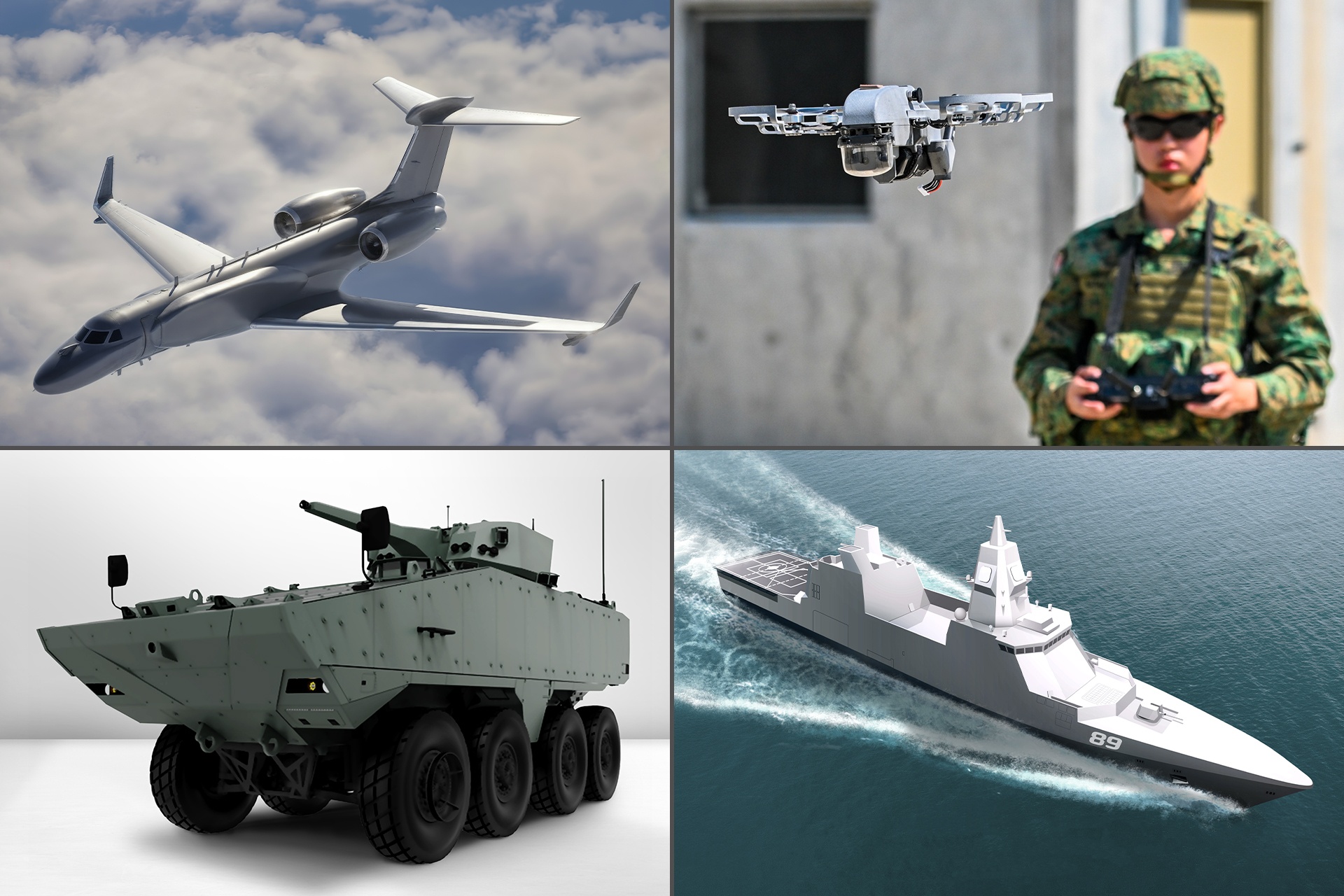OPS & TRAINING
SAF TO SHARPEN CAPABILITIES & RAMP UP TRAINING, DIGITALISATION EFFORTS: DR NG
01 Jul 2022
Defence minister Dr Ng Eng Hen outlines plans for the Singapore Armed Forces (SAF) to stay vigilant against heightened security threats, in his annual SAF Day interview on 30 Jun.
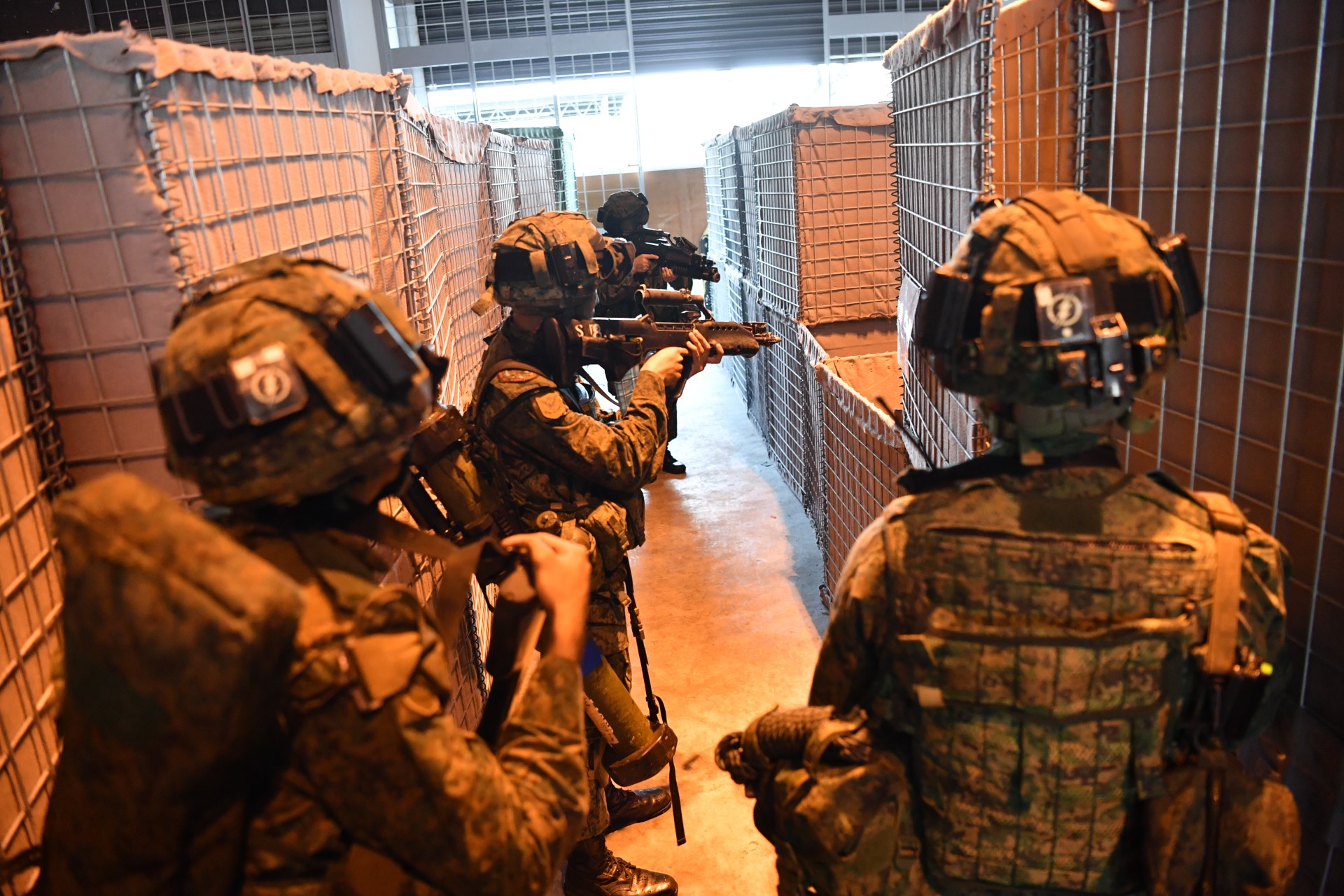
The complex geopolitical situation arising from Russia's invasion of Ukraine has led to increasing contestation among countries and increased military spending. It's anybody's guess how long peace can continue in Asia, so it is important for the SAF to stay watchful and nimble.
This is the key message made by defence minister Dr Ng Eng Hen in his interview on 30 Jun, ahead of SAF Day which falls on 1 Jul.
"For MINDEF and the SAF, it means that we have to be vigilant and use this peace (before more changes occur) to strengthen our defences," he said.
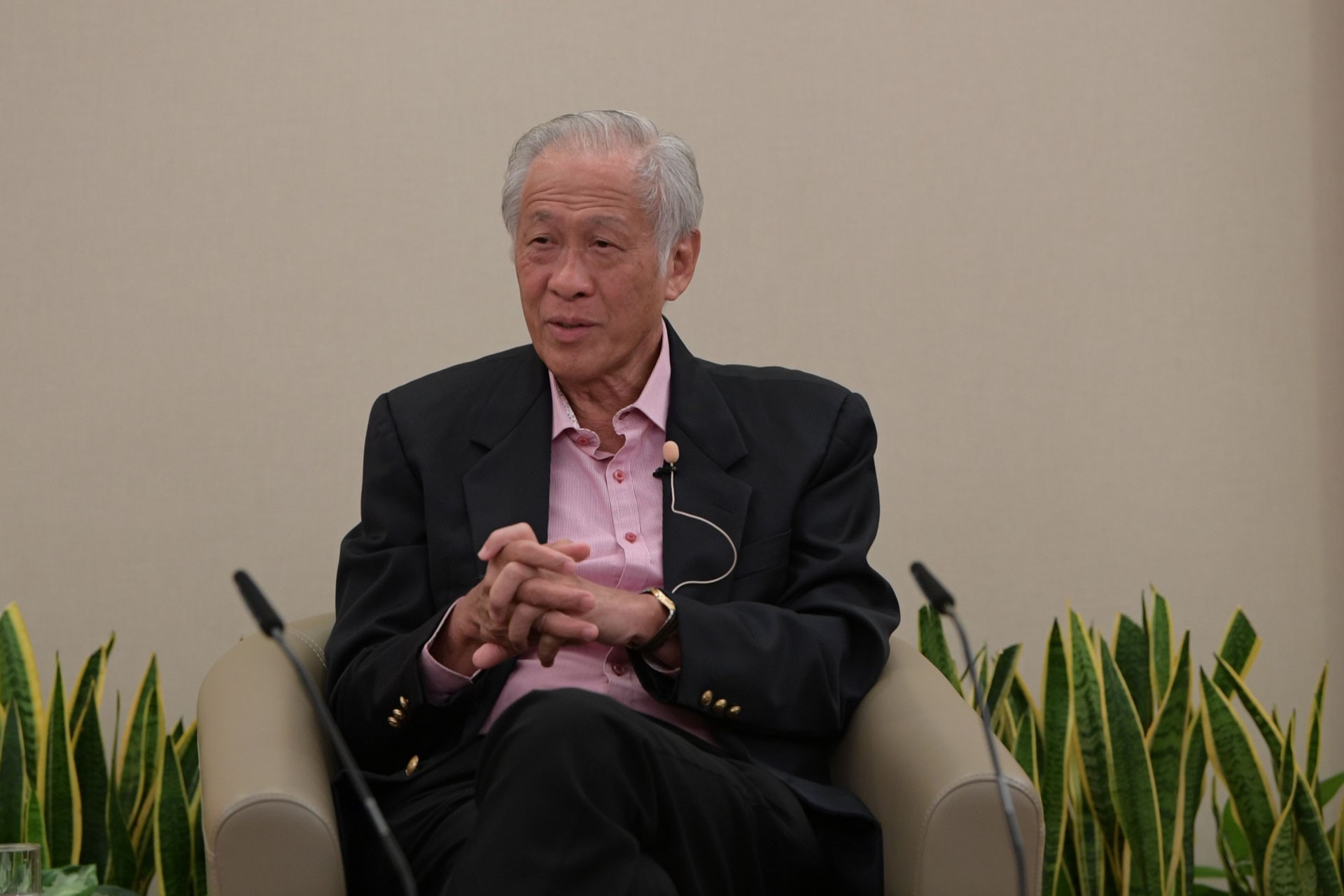
Strengthening defence ties
In the area of diplomacy, Dr Ng noted that Singapore had inked seven new defence agreements with Canada, China, France, Japan and the Republic of Korea at the recent Shangri-La Dialogue in June.
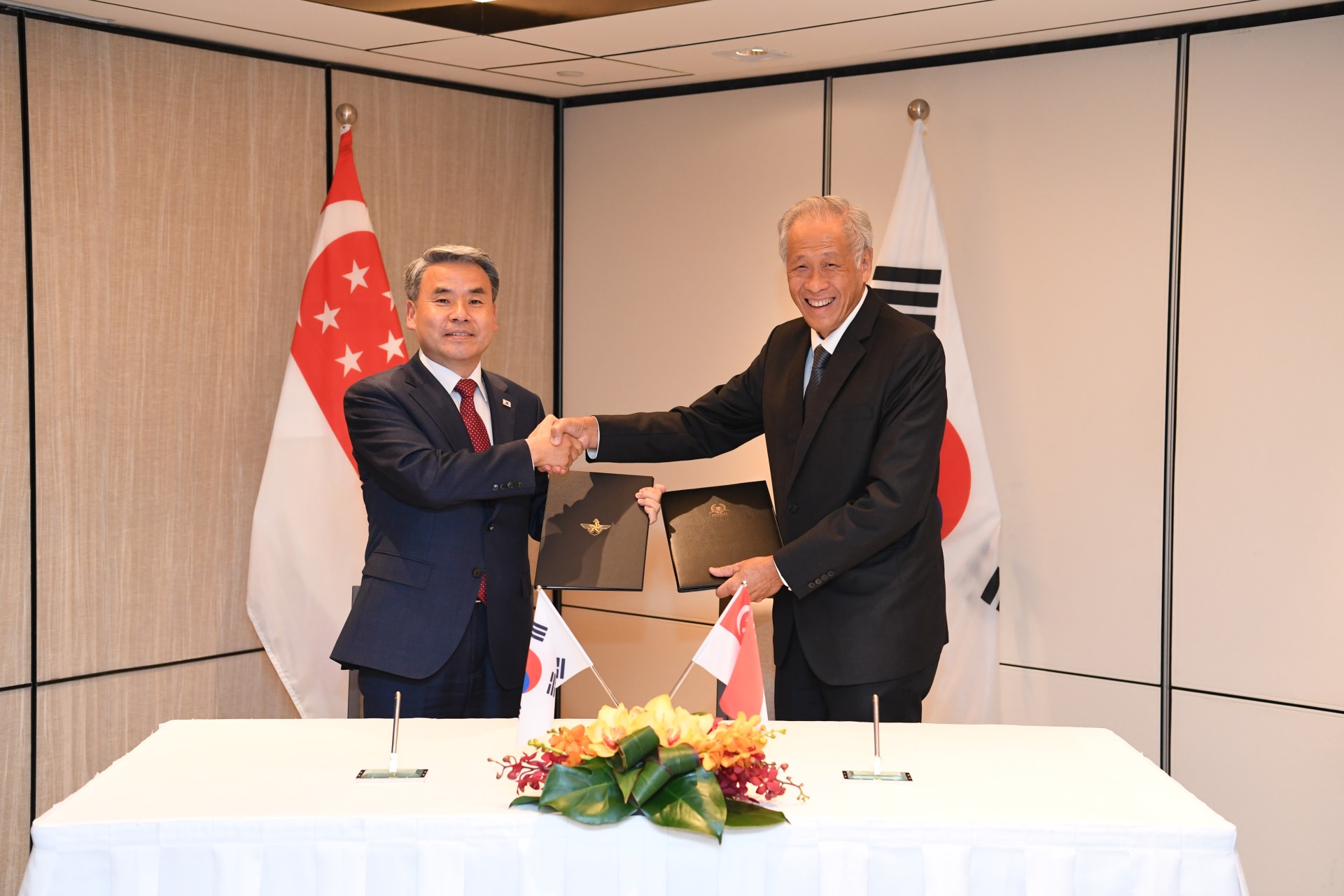
The SAF has also continued to pay attention to existing transnational threats such as counterterrorism, cybersecurity, and maritime security.
For example, the Ministry of Defence's (MINDEF's) Counter-Terrorism Information Facility (CTIF) was set up in 2021 and continues operations despite the COVID-19 pandemic.
The CTIF brings together like-minded countries to share
intelligence, and provides early warning, monitoring and analysis
capabilities in a centralised and coordinated manner.
Setting up the SAF's fourth Service
Dr Ng noted the upcoming addition of the Digital and Intelligence Service (DIS) is a recognition that the digital frontier is another area of operations where Singapore can be threatened.
"There's this realisation and you can see it happening all around, especially during the Ukraine invasion.
"So for the SAF, we have to use this period of relative peace to complete our capability development and to mature the capabilities of our Services, including the fourth Service – the DIS."
Dr Ng said MINDEF will introduce a bill in Parliament next week to amend the SAF Act and the Constitution, to allow the DIS to be set up alongside the Army, Navy and Air Force.
If the bill is passed, the DIS will have its inauguration parade later this year, and its Service Chief appointed, he added.
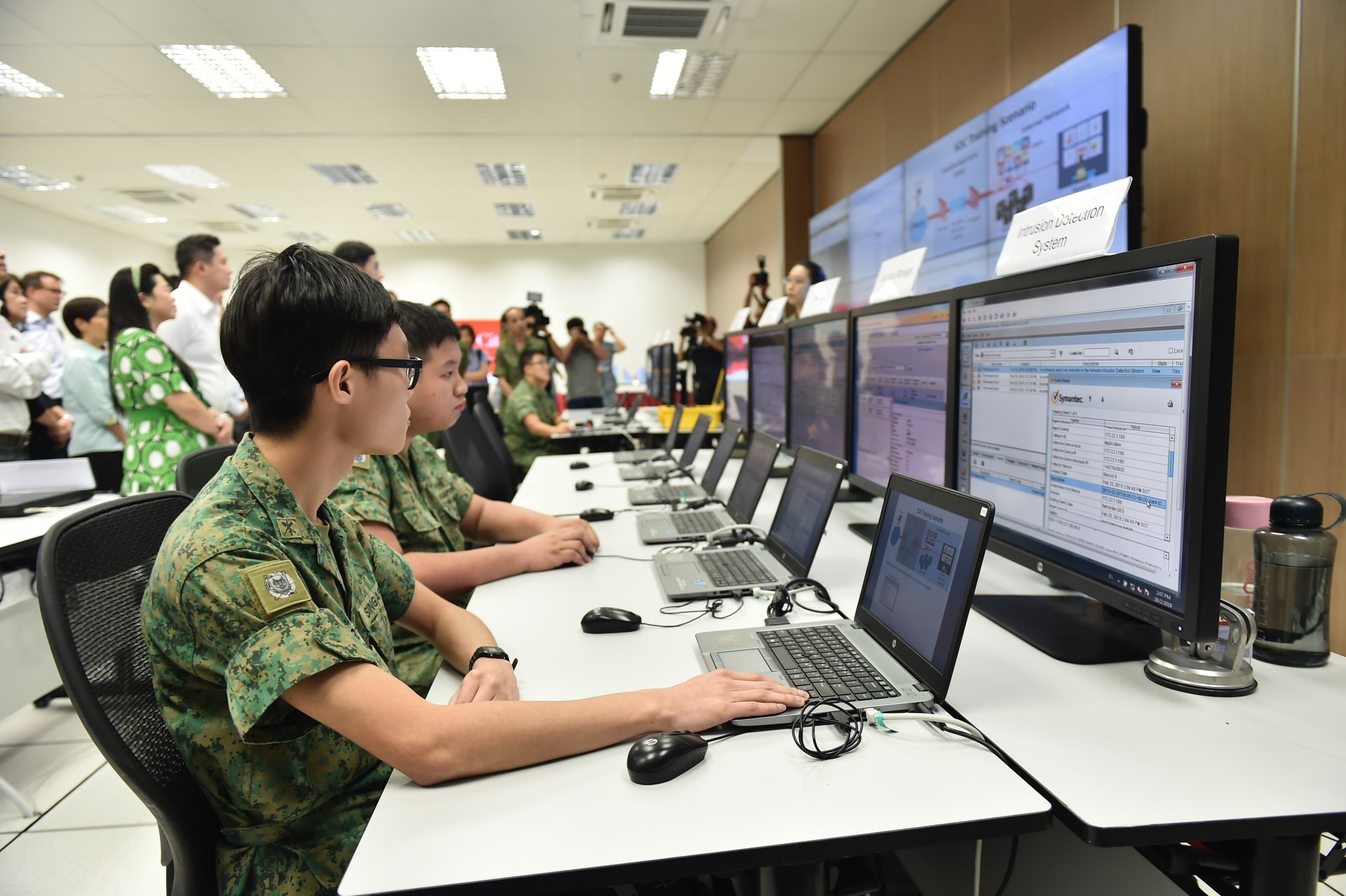
To train cyber defenders, DIS will set up a Digital Ops-Tech Centre (DOTC) and Centre of Excellence for Cyber Range.
The DOTC will equip the SAF with a quick response force to meet new operational requirements on the digital frontier.
The equivalent of physical ranges and training grounds, the Centre of Excellence for Cyber Range will be used for training cyber soldiers.
The SAF is expanding recruitment efforts by tapping on digital experts, including mid-career professionals, said Dr Ng.
The SAF has also expanded its C4X and DCX career schemes to include C4X (Digital) and DCX (Digital).
The C4X scheme is for uniformed Command, Control, Communications and Computers Expert personnel, while the DCX scheme is for non-uniformed Defence Cyber Expert personnel.
Those in C4X (Digital) and DCX (Digital) will specialise in software engineering, app development, data science, artificial intelligence, and cloud architecting.
The number of top-tier scholarships will also be increased for digital and intelligence talents.
Resumption of large-scale training
To sharpen its combat capabilities, the SAF had restarted large-scale exercises, said Dr Ng.
For example, the annual Exercise Wallaby – which will be held later this year in Australia – is expected to involve about 4,000 troops.
"The SAF has a large global training footprint, and we are going to resume and reach, if not surpass, pre-COVID levels," he said.
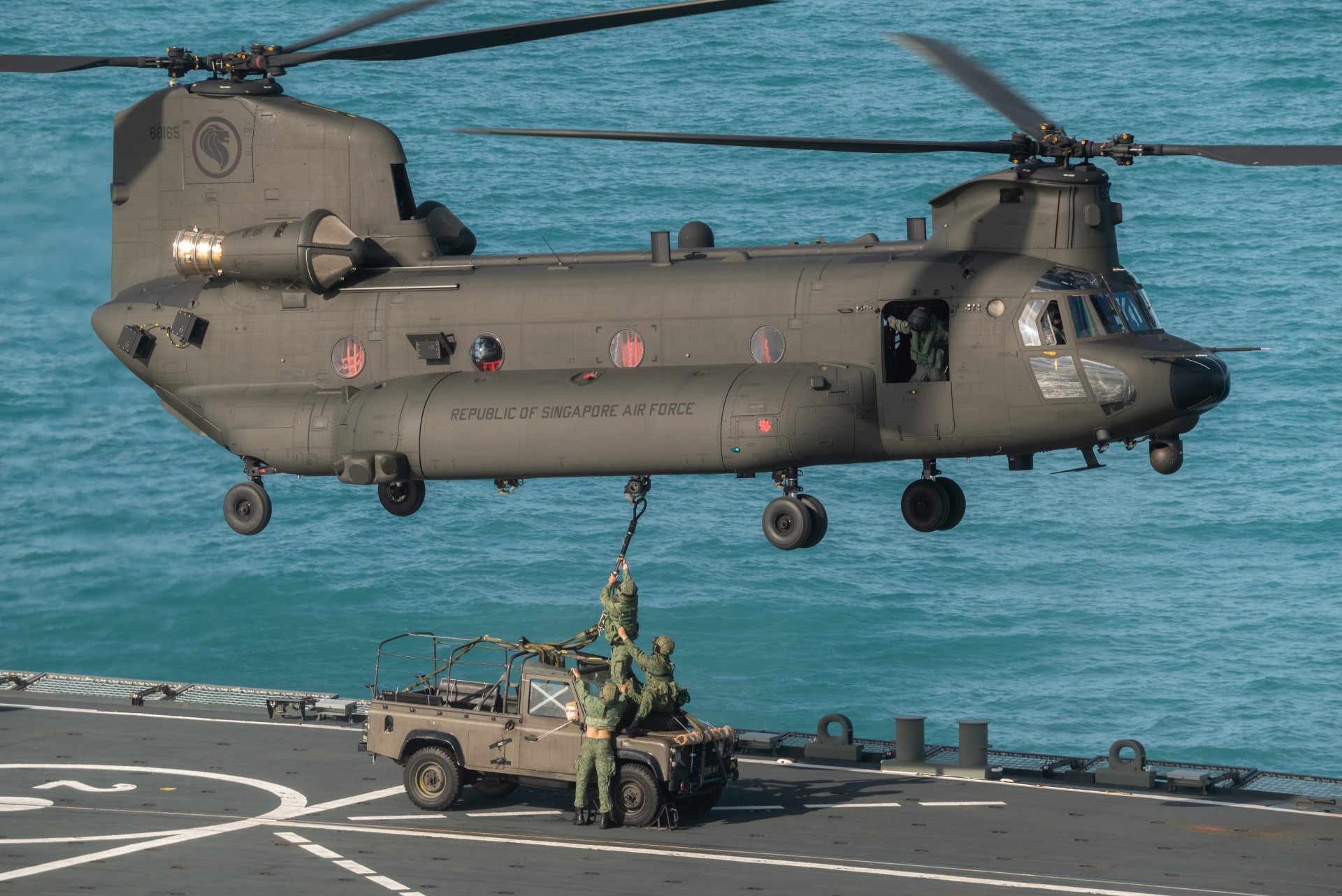
Asset acquisition & new training facilities on track
Dr Ng also gave an update on the SAF's hardware acquisition.
The Republic of Singapore Navy's (RSN's) first Invincible-class submarine will be delivered to Singapore in 2023, and will be ready for operations, he noted.
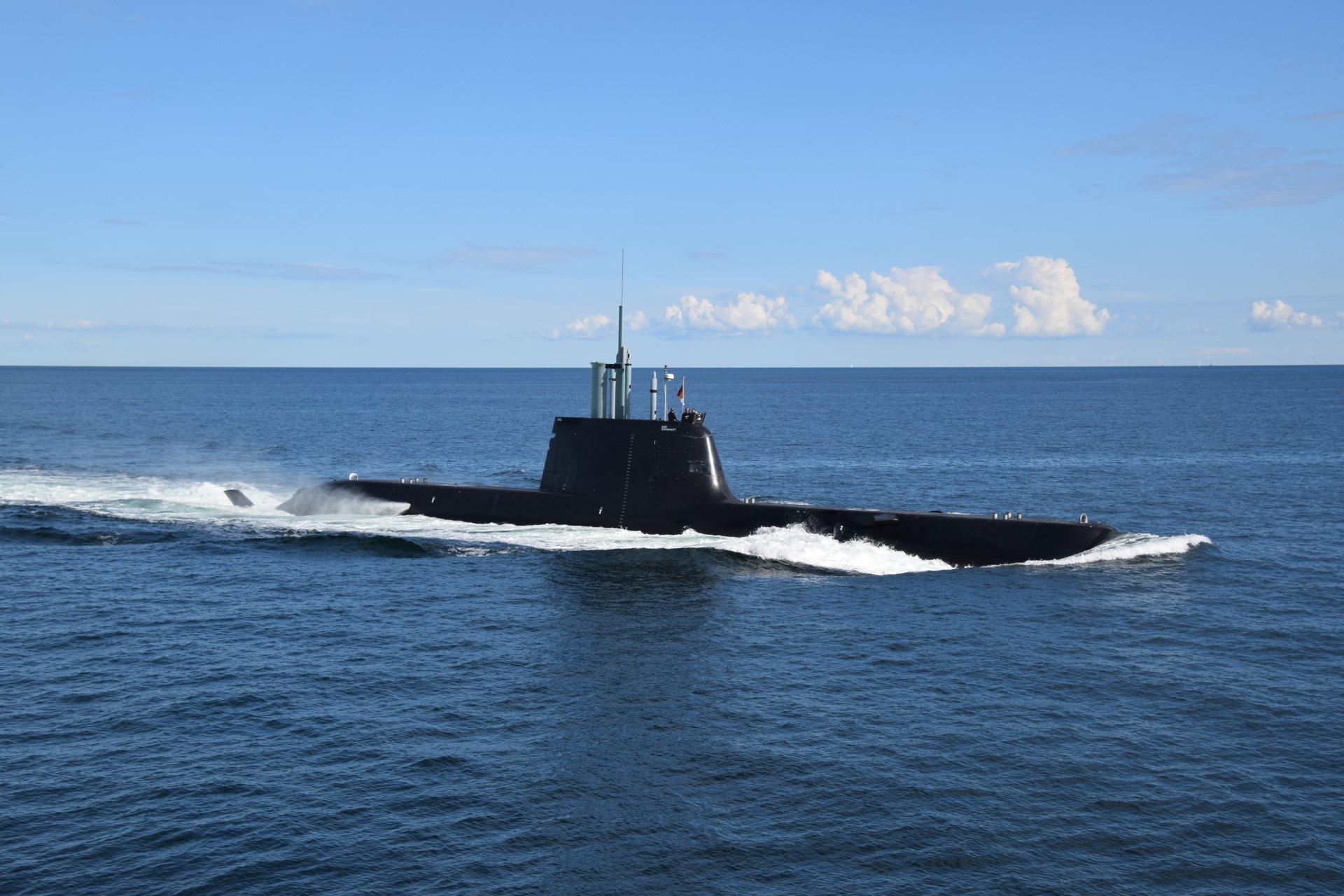
Additional Invincible-class submarines are expected to be launched by the end of this year, he added.
Also in the pipeline are new multi-role combat vessels to replace the aging Victory-class Missile Corvettes.
For the Republic of Singapore Air Force (RSAF), its first Smart A330 Multi-Role Tanker Transport (MRTT) is expected to be delivered in the coming months this year.
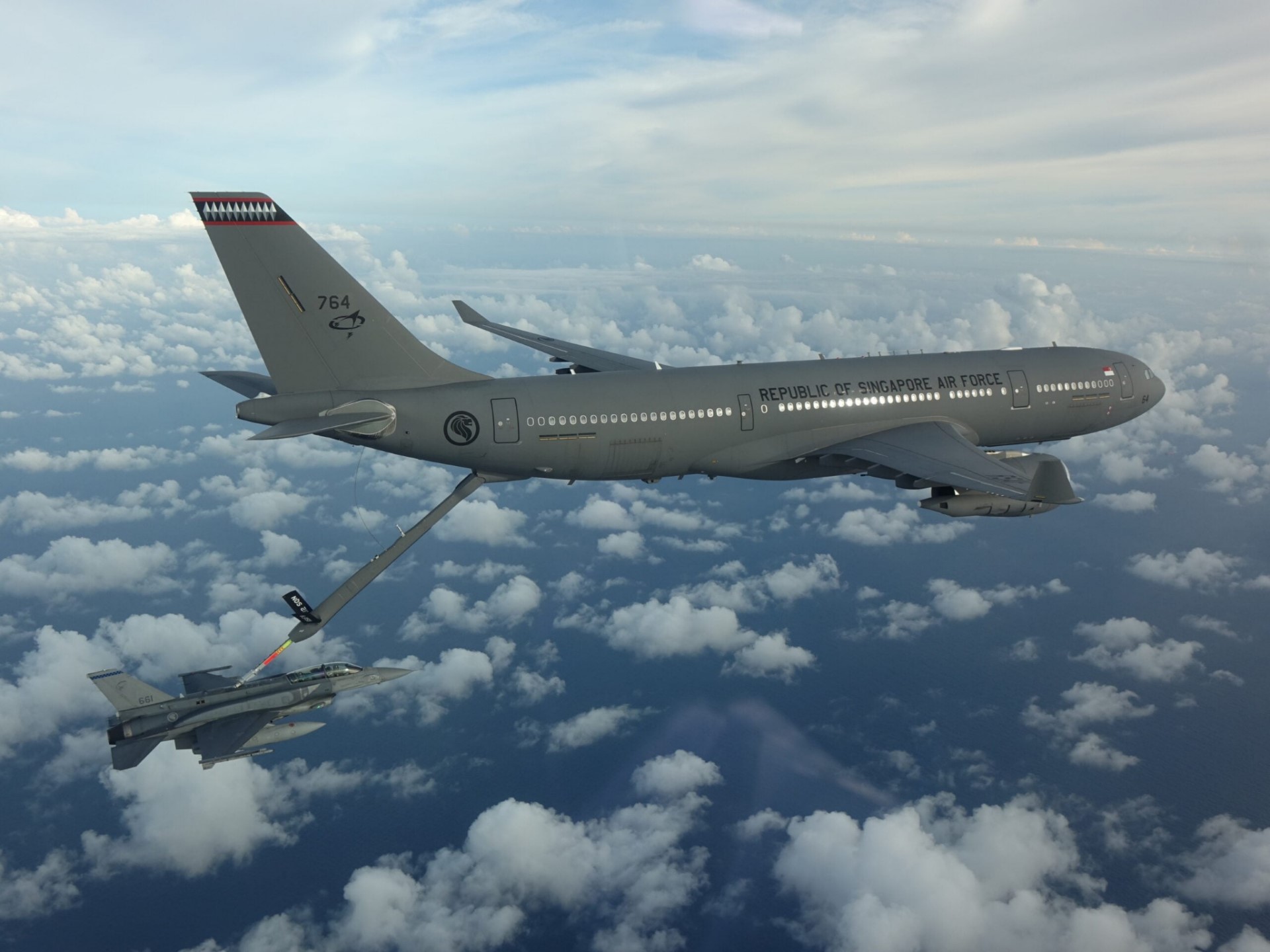
"It will not only save time, but also reduce errors – that's smart technology," said Dr Ng.
And the RSAF's order for four F-35 Joint Strike Fighters remains on track for delivery in 2026, he added. "Basic requirements have been agreed on with the US (United States) Air Force."
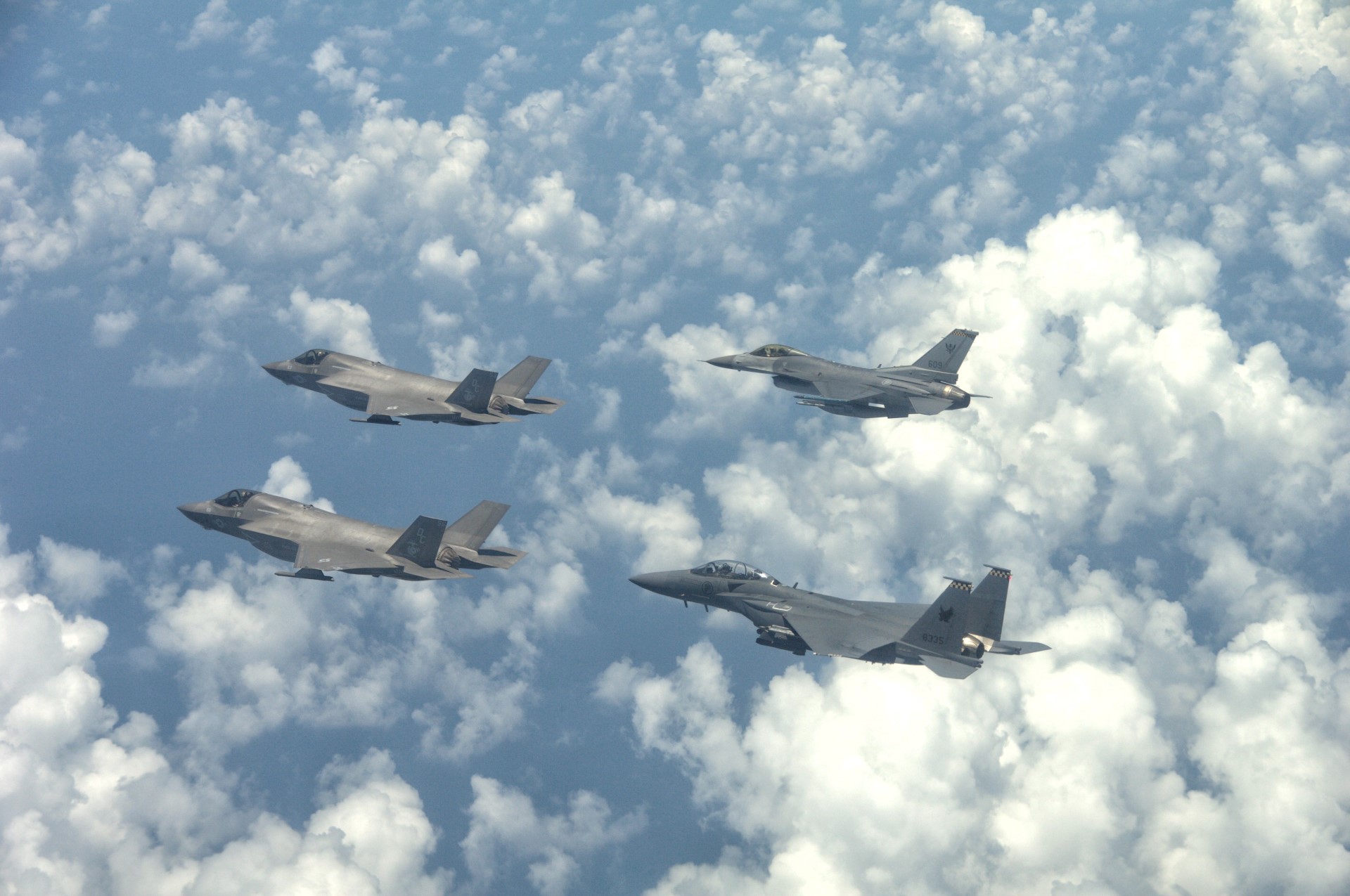
RSAF personnel have undergone professional exchanges and training with other F-35 users and in the F-35 tactical simulators.
They also have exclusive interactions with F-35 users at study conferences, and go on technical study trips to F-35 maintenance facilities and bases.
These allow the RSAF to better understand the aircraft's advanced capabilities and determine its integration requirements with the rest of the SAF's warfighting system.
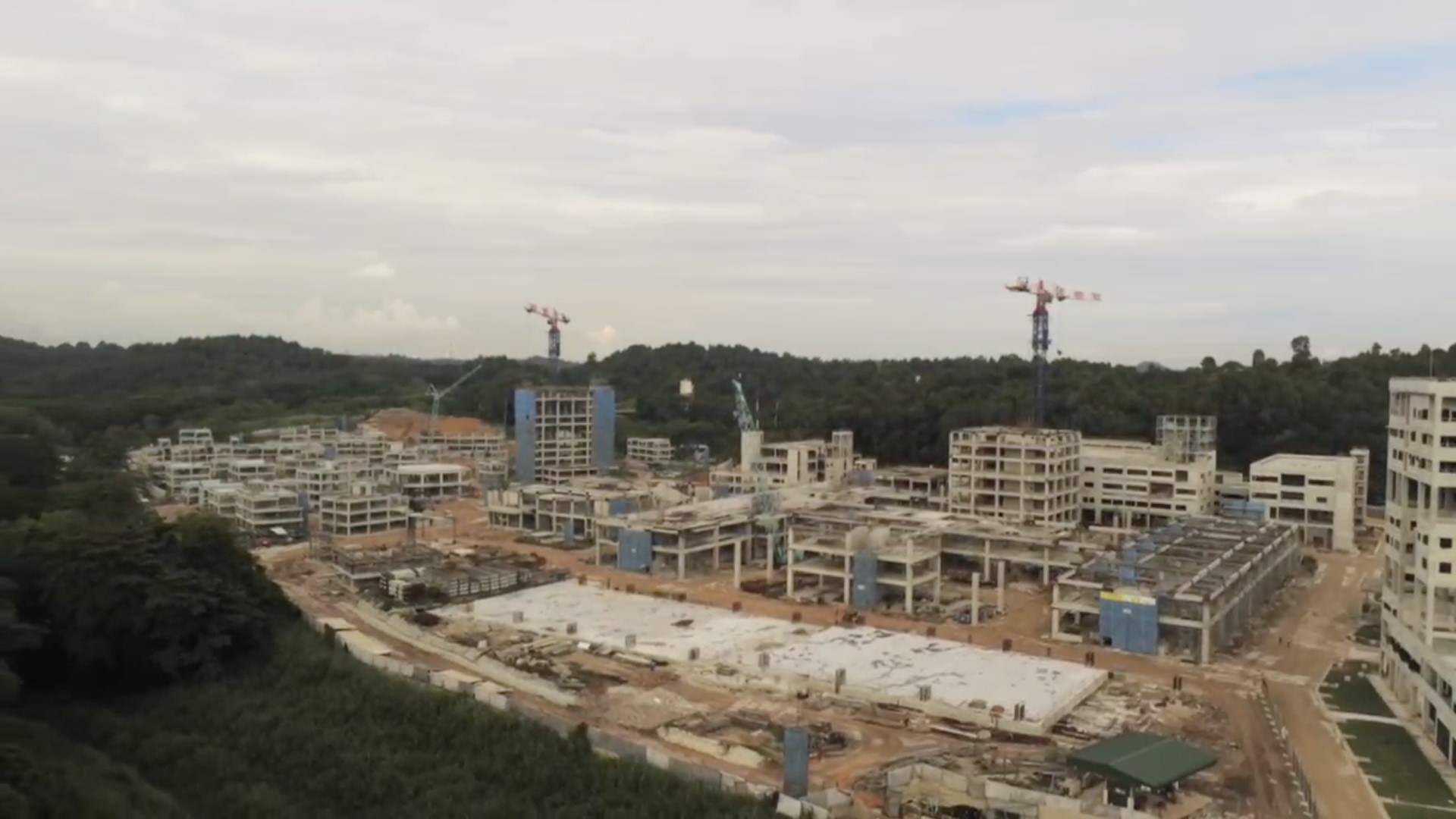
For the Army, SAFTI City – a realistic training environment that mirrors an urbanised city centre – will open in phases next year.
First up would be its Murai Urban Battle Circuit, which will become operational in mid-2023. Soldiers and smart targets will be equipped with sensors for monitoring and data capturing.
"(Technology and instrumentation allows you to) actually
gauge attrition loss and whether the battle is won… That will enhance
our realistic training," said Dr Ng.
Increasing digitalisation efforts
Dr Ng highlighted how the SAF is tapping on innovation and digitalisation to enhance its operational efficiency and training.
He gave the example of how the Navy's Littoral Mission Vessels (LMVs) are using predictive analytics for pre-emptive maintenance as well pre-emptively order and deliver spares.
This model will be extended to Chinook helicopters and other platforms, he said.
The RSAF is also tapping on technology such as virtual and mixed reality in training simulators. The SPYDER (Surface-to-Air PYthon-5 and DERby) missile loading training simulator, for instance, allows Air Defence Systems Specialist (ADSS) trainees to sharpen their skills and build their confidence before going hands-on with the actual SPYDER air defence system.
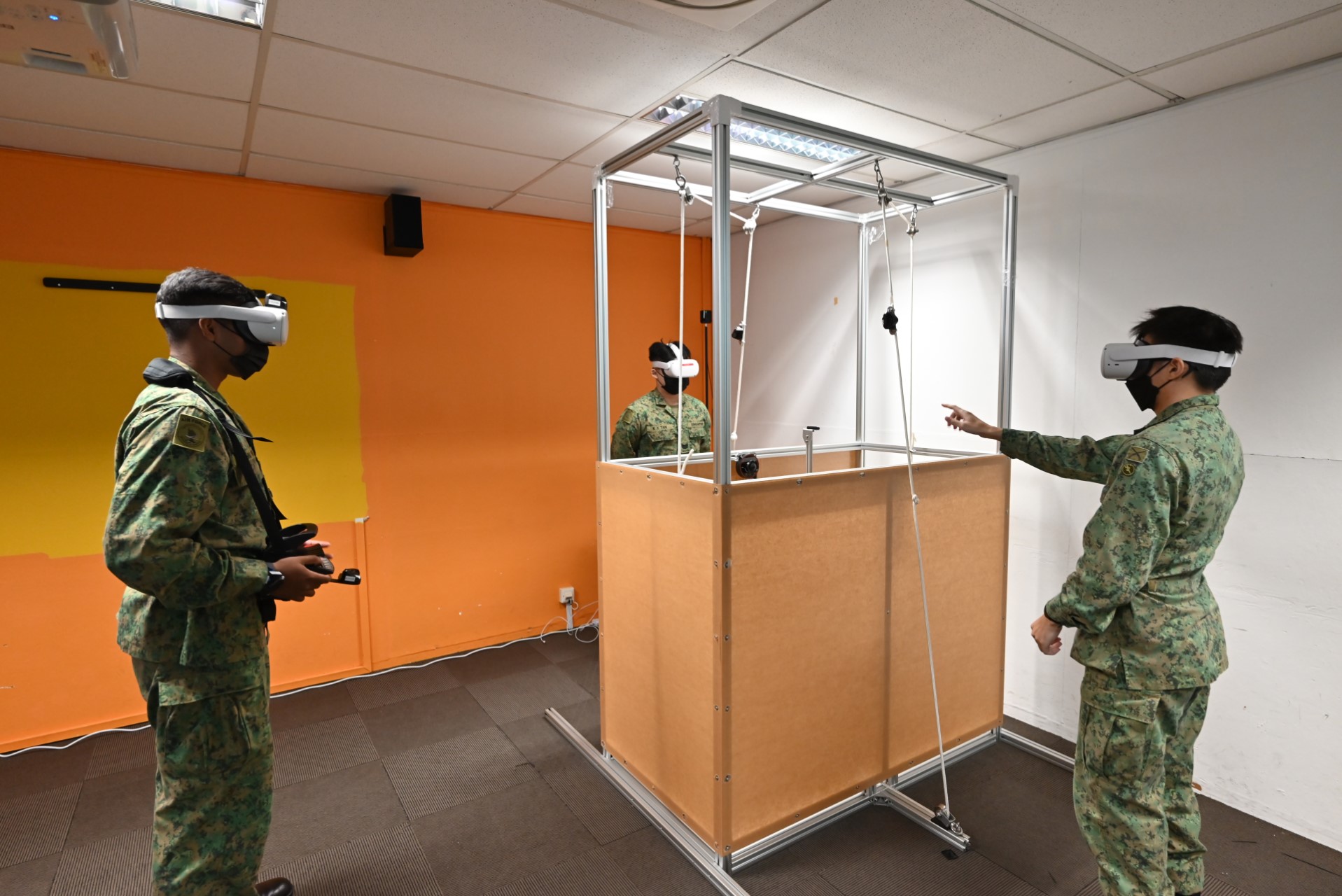
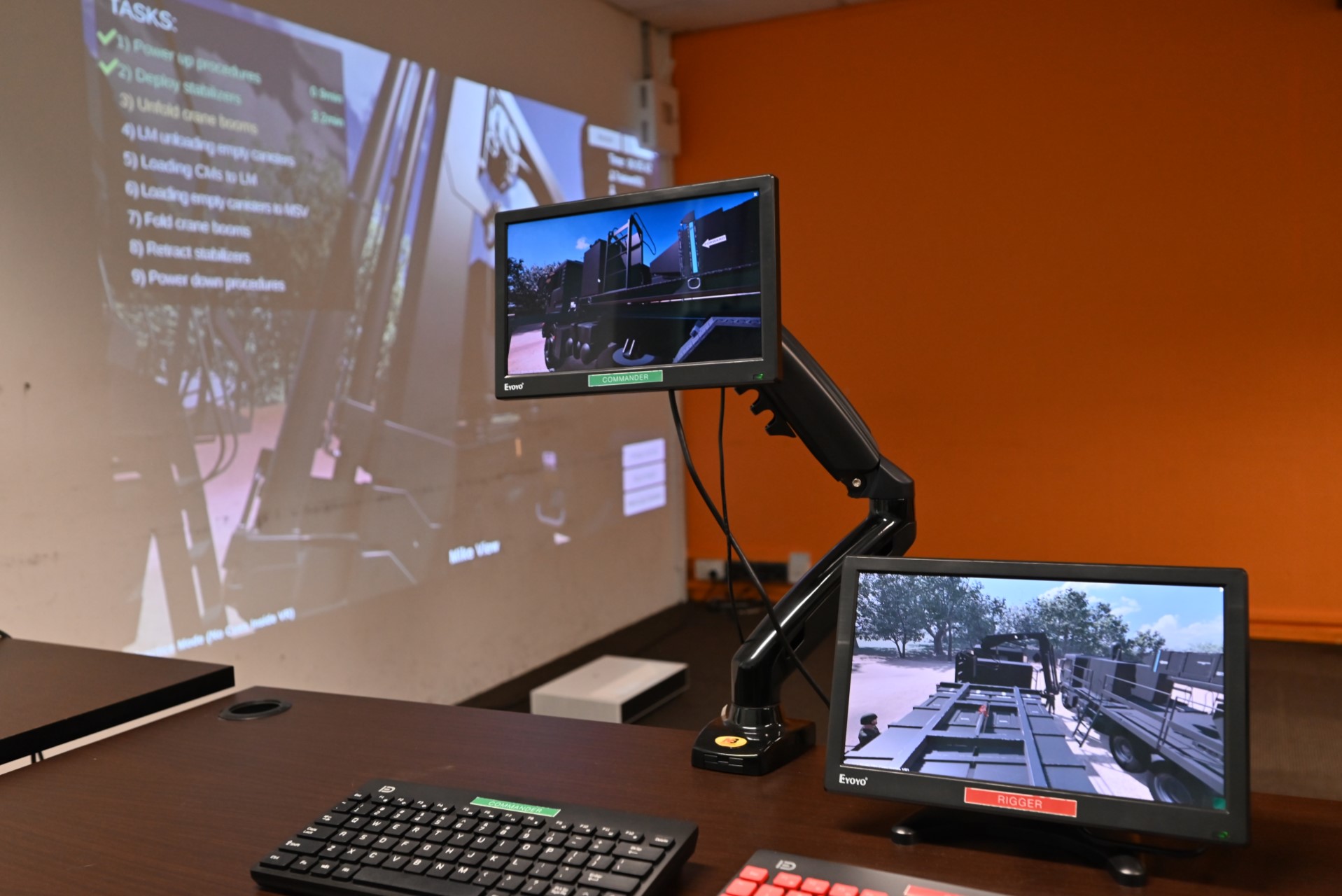
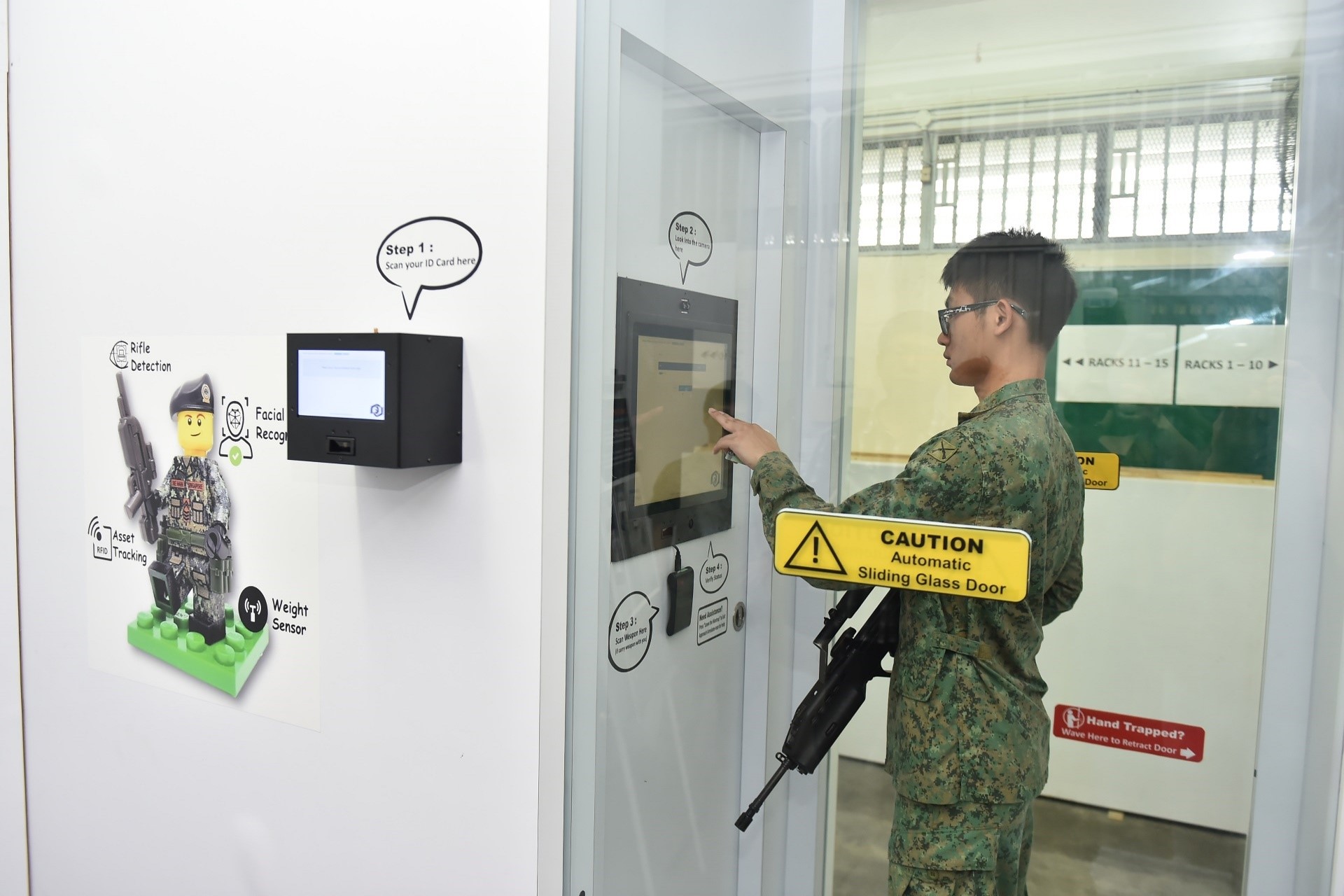
Servicemen can book facilities and access training programmes on the go. They can also scan their 11B identification cards and their biometrics to draw stores and weapons on their own.
The roll-out will start with Stagmont Camp in 2023, Clementi and Kranji Camp in 2024, and the rest of the army camps from 2025 onwards.
A smart camp companion app to track and meet servicemen's needs on security, supplies of essential goods, arms, munitions, and more will be rolled out progressively from next year, said Dr Ng.
Going forward, the SAF will appoint a Chief Digitalisation
Officer (CDO) to drive and oversee the armed forces' digital
transformation, Dr Ng announced. The CDO will report to the Chief of
Defence Force.
Enhancing NS experience
Noting that this year is the 55th anniversary of National Service (NS), Dr Ng highlighted that the SAF is maximising the contributions of Full-time National Servicemen (NSFs). For example, NSFs can now kick-start their seafaring aspiration while serving NS.
From 1 Jul this year, NSFs – both past and present – who graduated from Nautical Studies or Marine Engineering with diplomas can apply to have their sea-time serving on board RSN ships recognised.
This will help to facilitate their attainment of Certificate of Competencies (COC) – which is required if they want to pursue a career as a deck officer or marine engineer officer on board merchant ships.
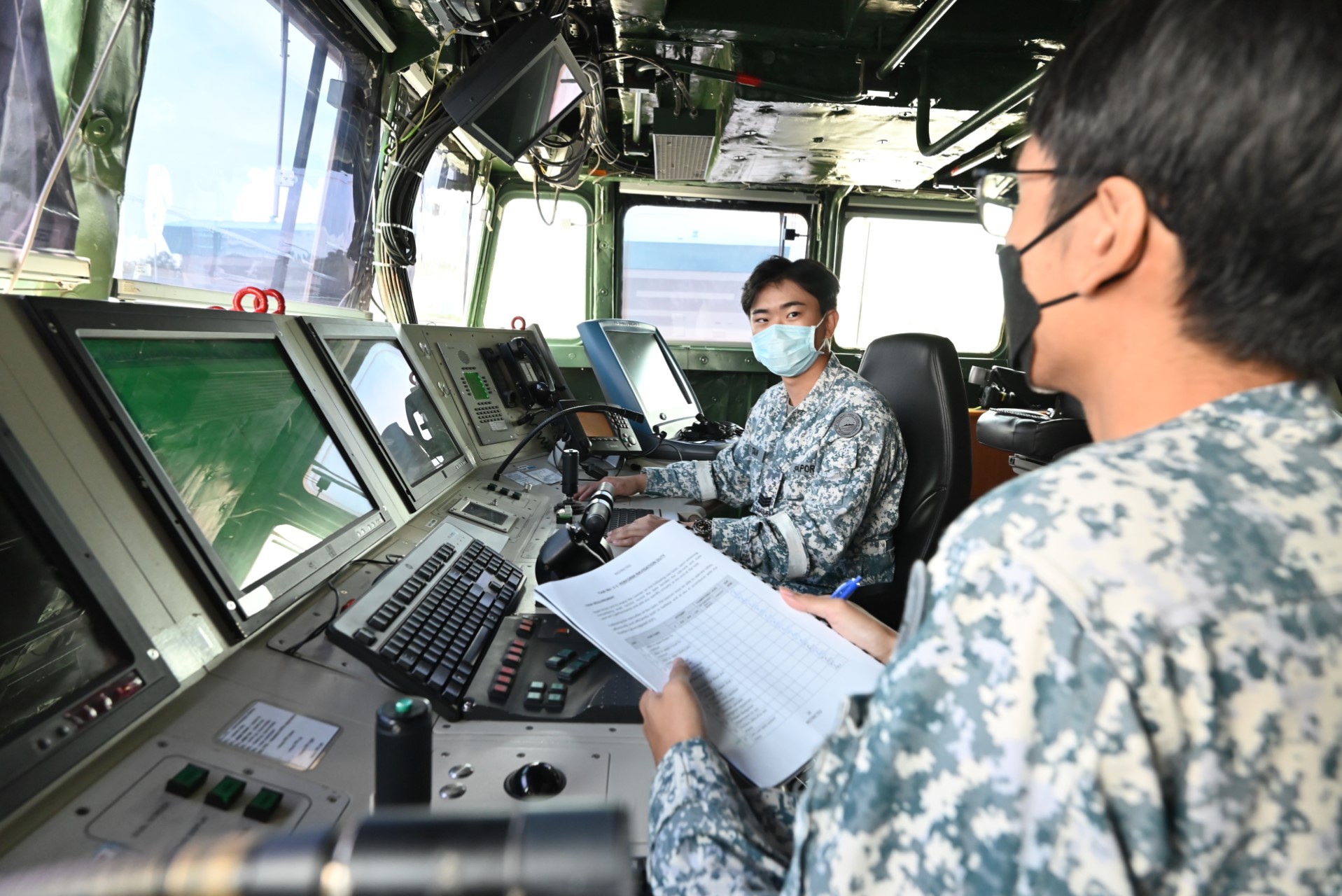
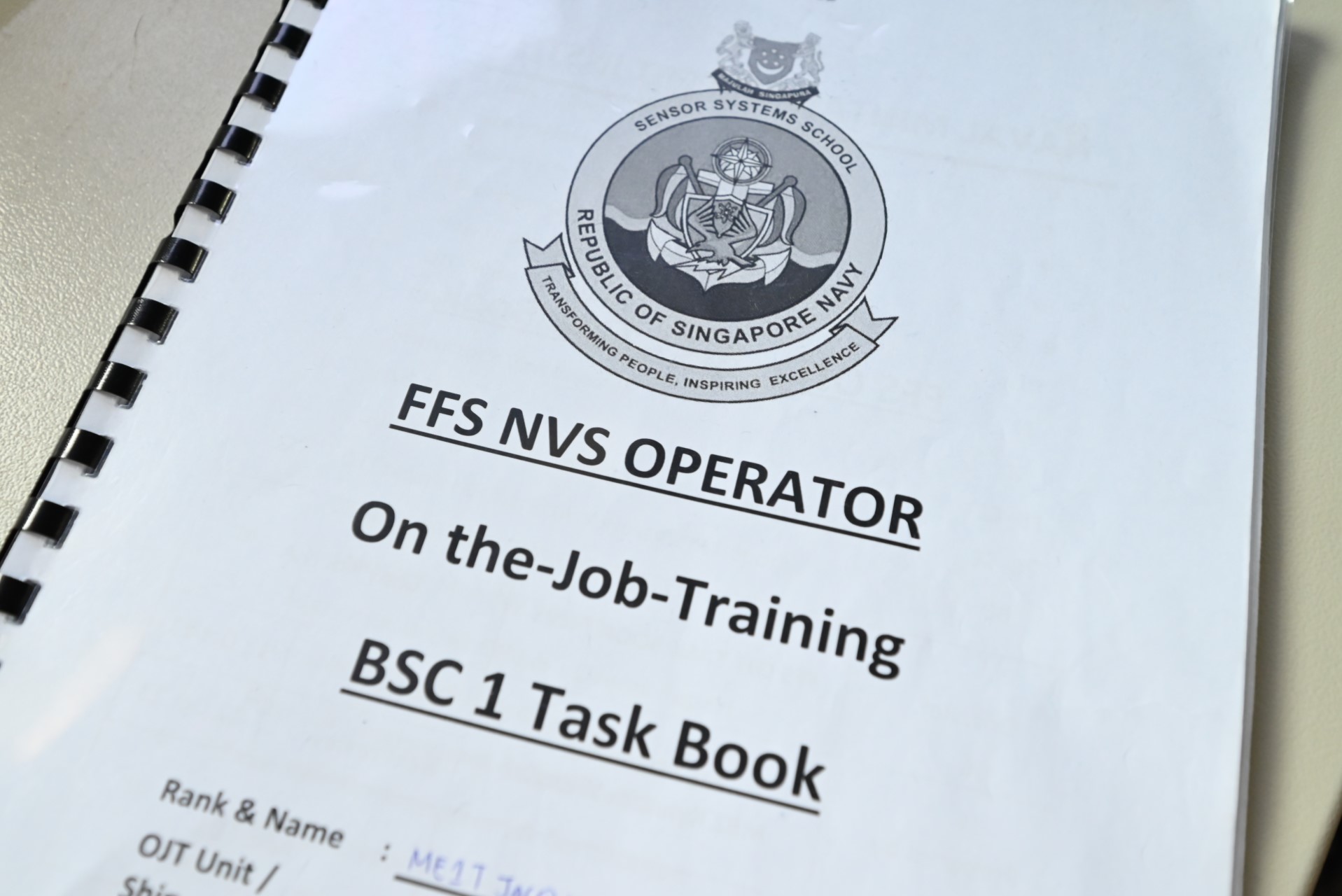
The DIS will also enlist its first batch of digital specialists early next year, following the signing of an Memorandum of Understanding between MINDEF and Nanyang Technological University (NTU) earlier this year, said Dr Ng.
Under this Digital Work-Learn Scheme, NSFs serving as Digital Specialists can earn academic credits at NTU that contribute to a degree in Data Science and Artificial Intelligence, Computer Science or Computer Engineering.
Rounding up his interview, Dr Ng concluded: "Singaporeans must gird ourselves for (a) troubled decade ahead (or) even longer. The SAF will do its part – it will stand vigilant to guard Singapore's peace and sovereignty."
ALSO READ IN OPS & TRAINING
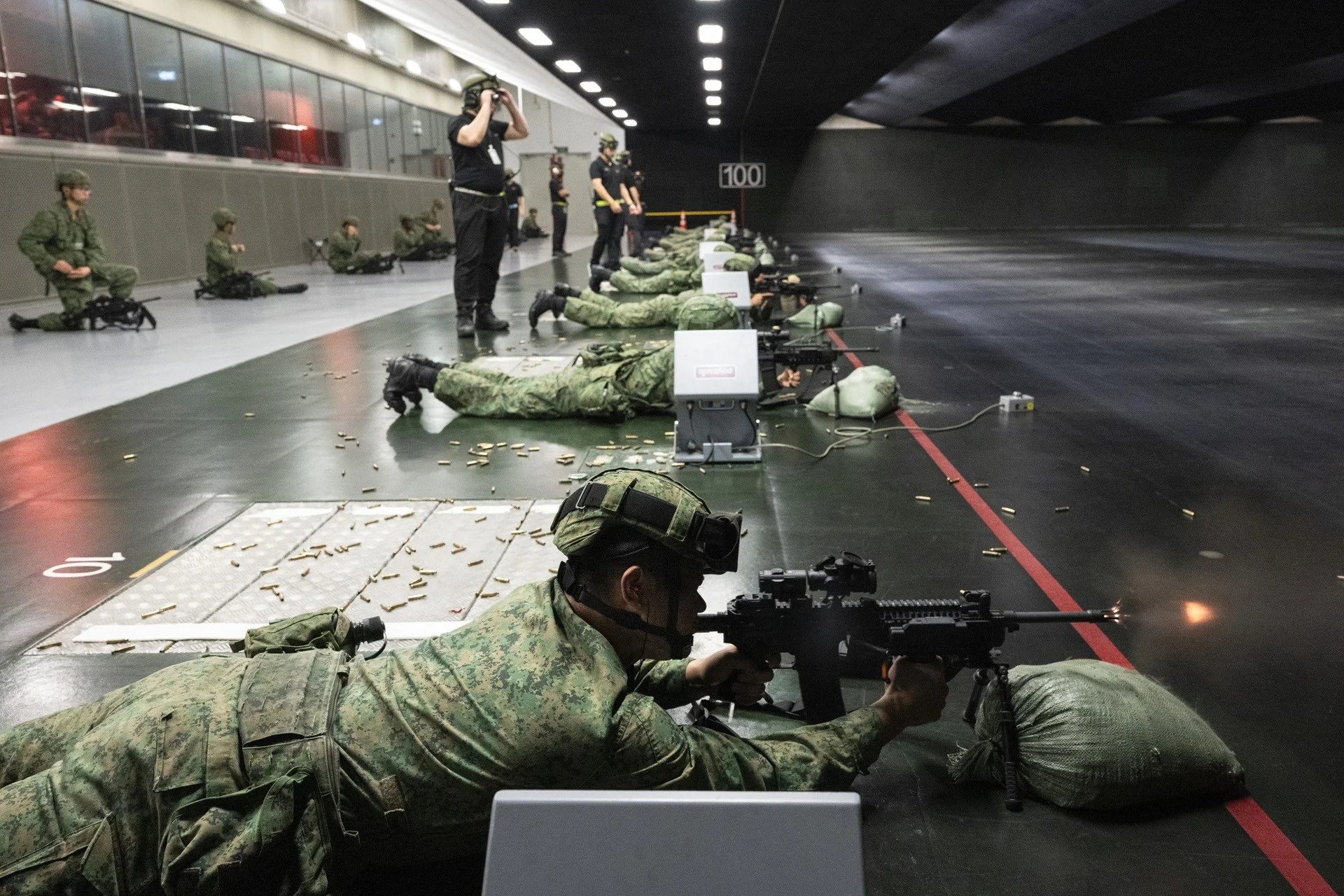
New firing range complex at Bedok Camp; Medical Classification System to be redesigned
27 Feb 2026
To train soldiers for a more complex environment, the SAF will build a new Multi-Mission Range Complex, as well as introduce opportunities for national servicemen to take on new roles, and more ways to volunteer.
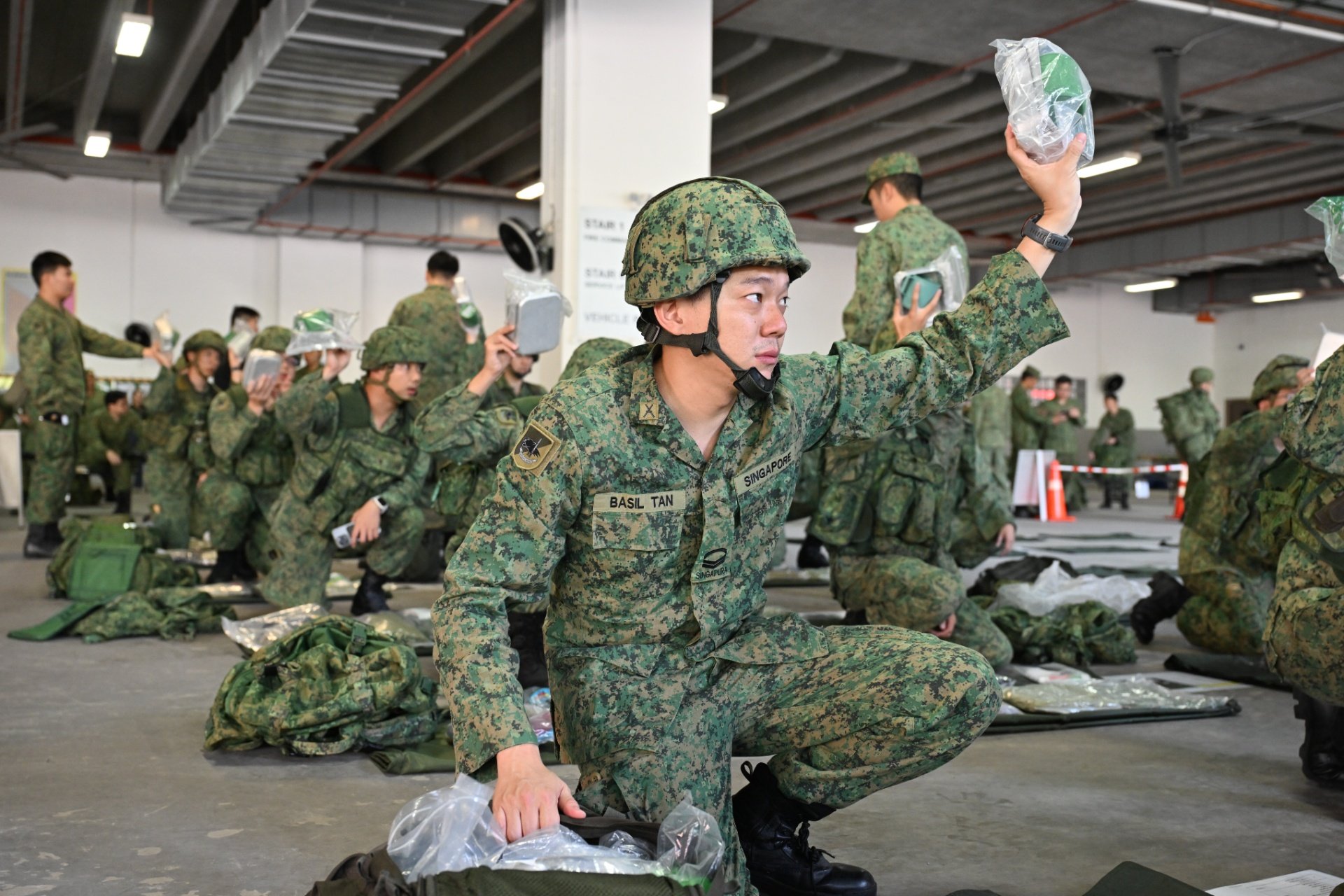
Reaffirming their commitment to defence
07 Feb 2026
Over 3,000 NSmen displayed their commitment to Singapore’s defence at a MOBEX in Selarang Camp.
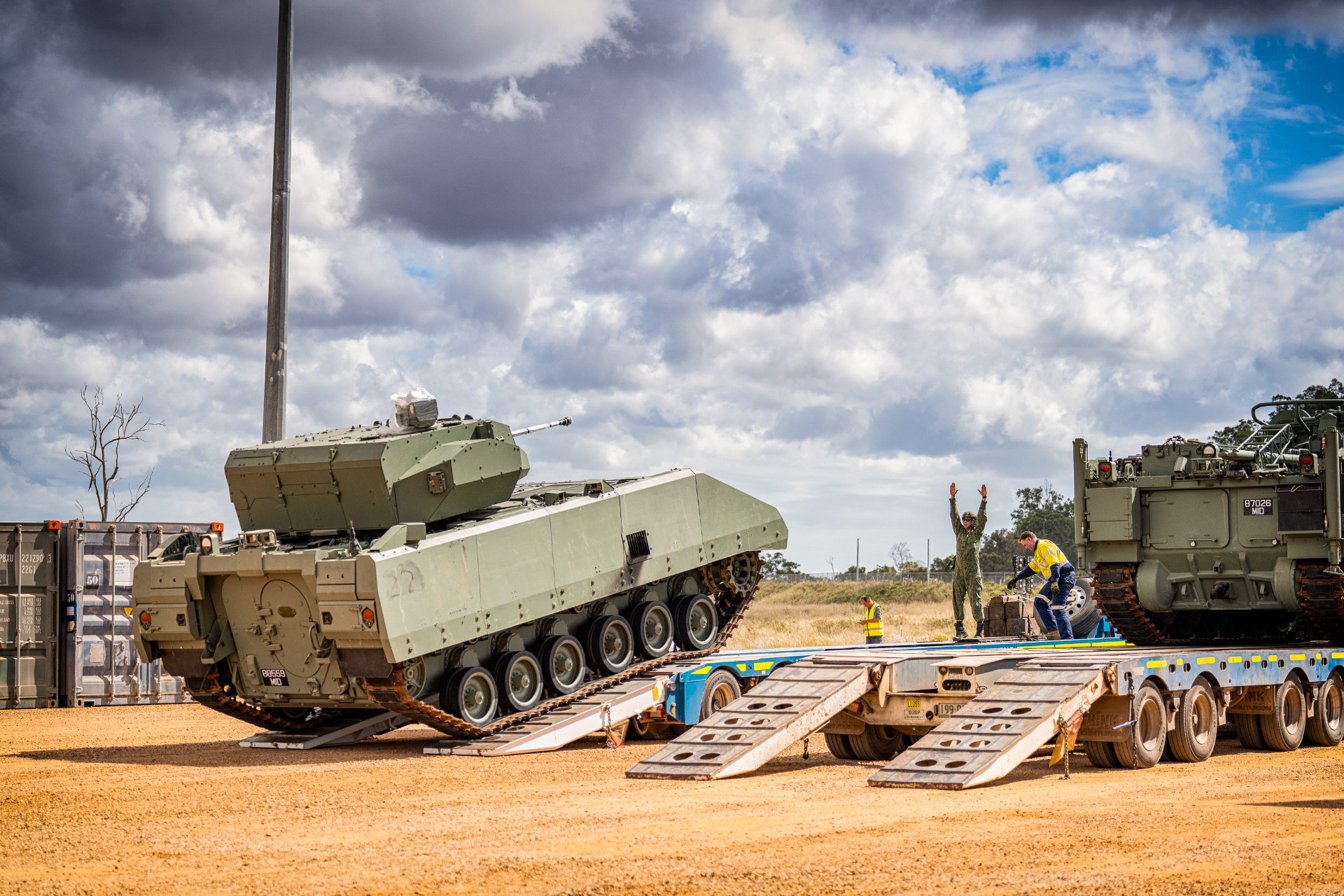
First in, last out at Ex Wallaby 2025
06 Nov 2025
Meet the teams who toil behind the scenes to enable the smooth conduct of the SAF’s biggest unilateral overseas exercise.


